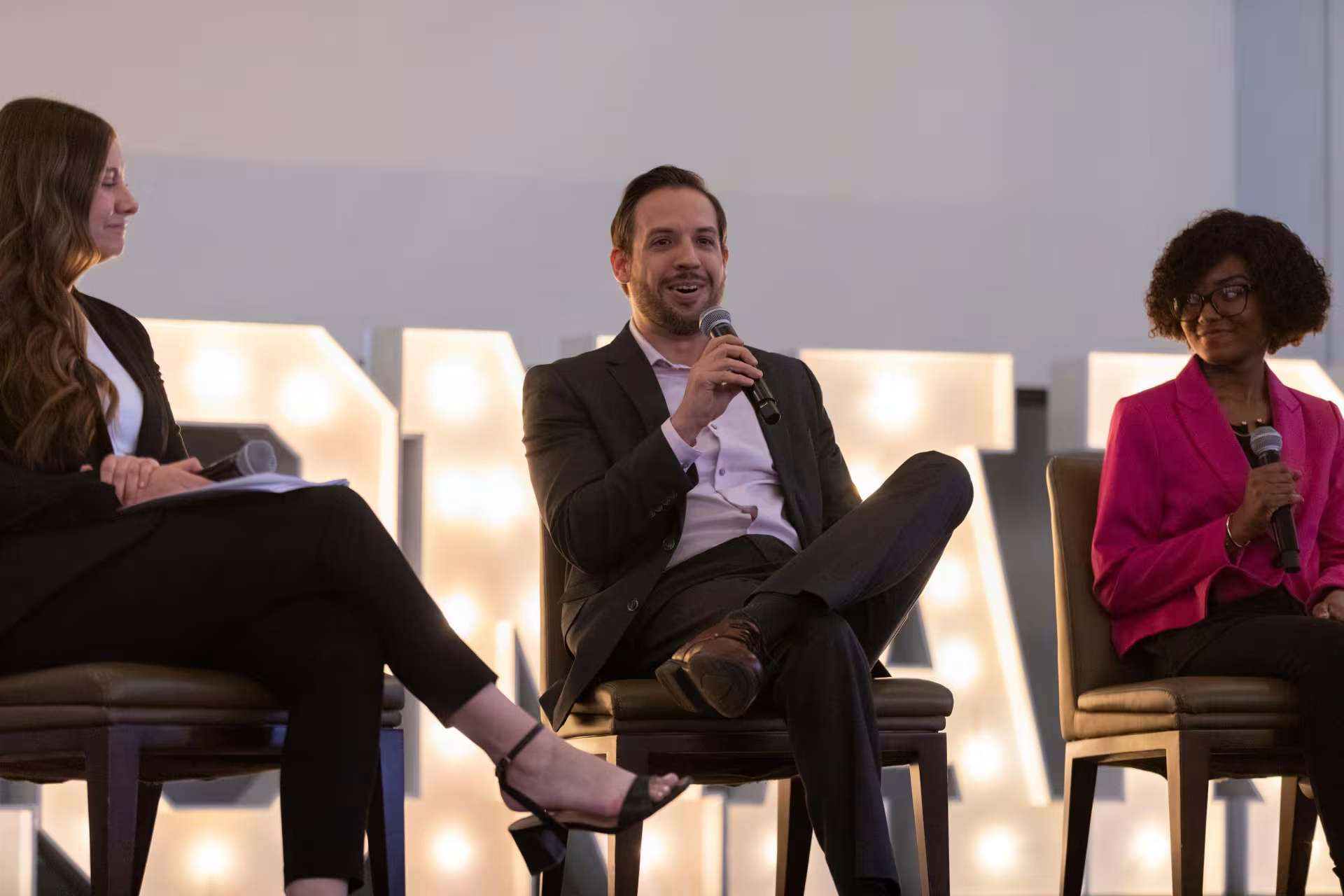Read time 3 minutes
Published on Nov 1, 2018
Much like a church confessional, a counselor’s office is considered sacrosanct. Counselors adhere to a very strict, comprehensive code of ethics that governs the nature of the counselor/client relationship, requires informed consent and mandates confidentiality. But one-on-one counseling sessions are only one treatment setting. When counselors are facilitators in group therapy, the code of confidentiality is tested.
Non-Maleficence and Beneficence
Put simply, non-maleficence is to “do no harm.” Beneficence is to work toward the benefit of others, such as by eliminating harms, preventing them or improving another person’s situation. Both of these are cornerstone concepts in the counseling profession, and at first glance, they seem simple enough. Beneficence and non-maleficence, as pertaining to patient confidentiality, allow clients to develop a trusting relationship with the counselor because they know that their information is kept confidential. While ethical counselors will never violate confidentiality except when required to do so by law, the same cannot necessarily be assumed of group participants. Furthermore, clients may walk into a group therapy session without having a clear understanding of how it will alter the code of confidentiality.
Informed Consent
The challenges posed by group therapy to the ideals of beneficence and non-maleficence underscore the critical importance of informed consent. It can be helpful for the referring therapist to have a one-on-one discussion with each client before he or she joins a group. Some people are more likely to voice concerns or ask for clarification during one-on-one conversations, compared to group conversations. A more personal discussion also allows the counselor to closely evaluate the client’s comprehension of confidentiality issues in a group setting. A client should walk away from this discussion with the firm understanding that:
Additionally, depending on state law, there is a possible lack of privileged communication in a group setting. Many states have a “third-party rule.” This rule states that any information disclosed where a third party is privy to it cannot be considered privileged or private information. Each group participant should understand that, if called to testify against another group participant, an individual can be legally compelled to disclose information.
Group Policies
In addition to hosting one-on-one discussions with each group participant, the counselor should discuss group policies when the participants come together for the first time. Group participants can be more willing to uphold an ethical code if they take ownership of it, such as by signing a contract that promises confidentiality. Ideally, group members should agree not to disclose each other’s names, life circumstances, identifying details or any other information discussed during the group. They should also be aware of the potential problems that may arise if group members happen to encounter each other outside of group. If, for example, the group is for women coping with domestic violence, the acknowledgement of one member by another may cause a third party, like an abusive spouse, to ask unwanted questions about the nature of this relationship.
All in all, counselors should be aware of the ethical changes that take place in group sessions and be sure to make these concepts clear to their clients before starting a group counseling session.
You can reach new heights in your academic or clinical career by earning your doctoral degree from Grand Canyon University. Look for the Request More Information link at the top of your screen to explore the degree programs available at our College of Doctoral Studies. One popular option is the Doctor of Philosophy in Counselor Education and Supervision degree program.





